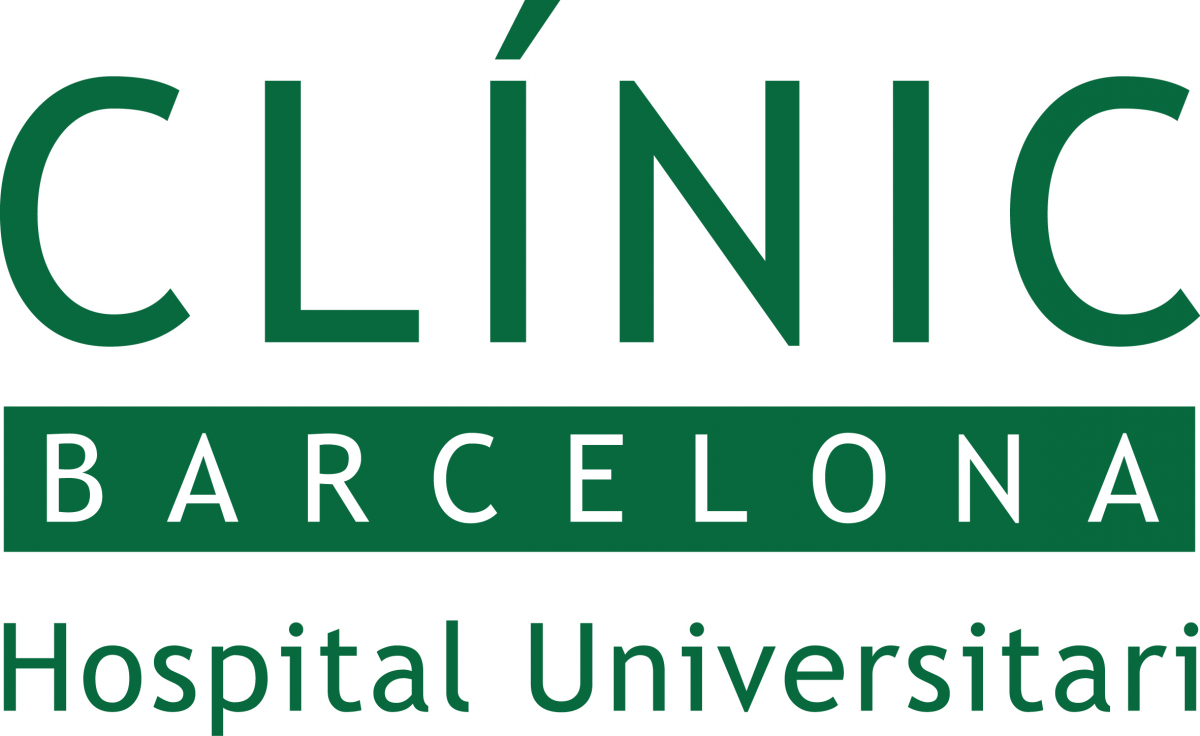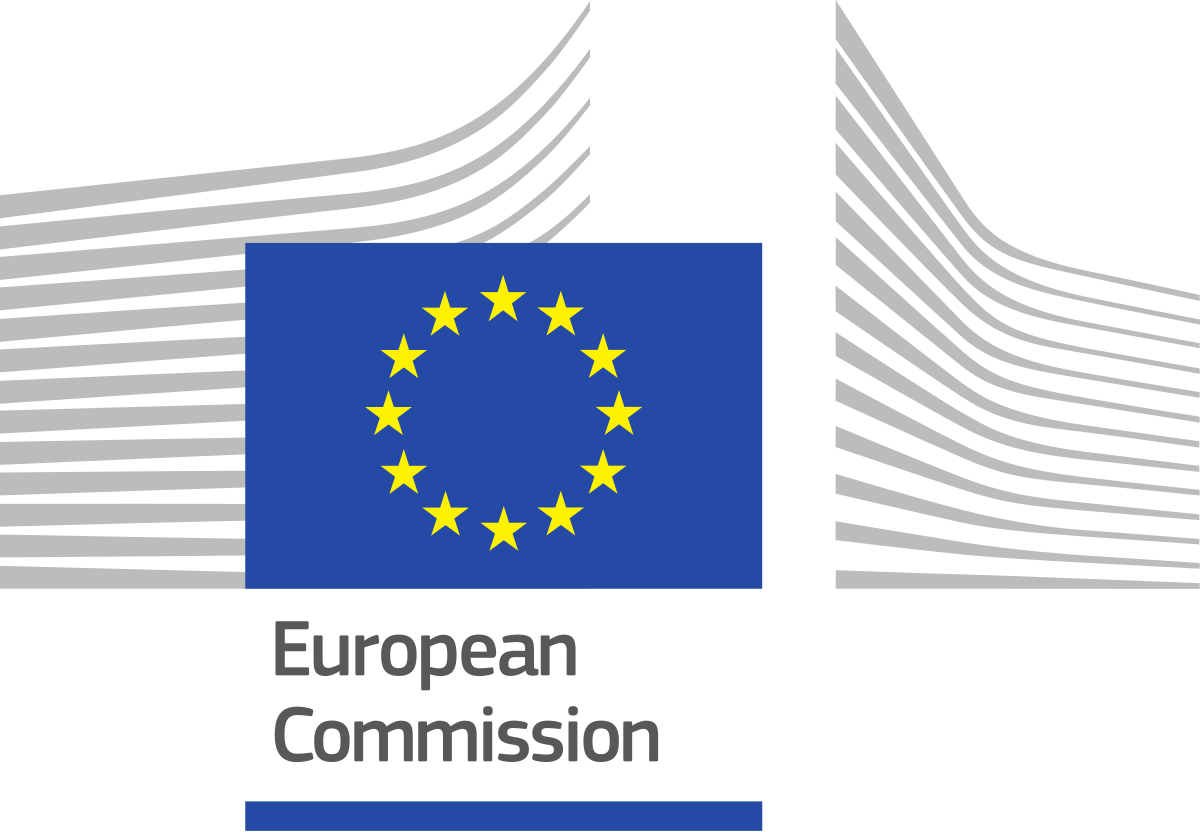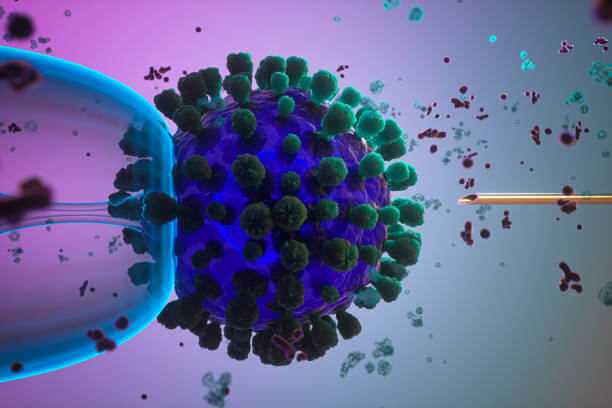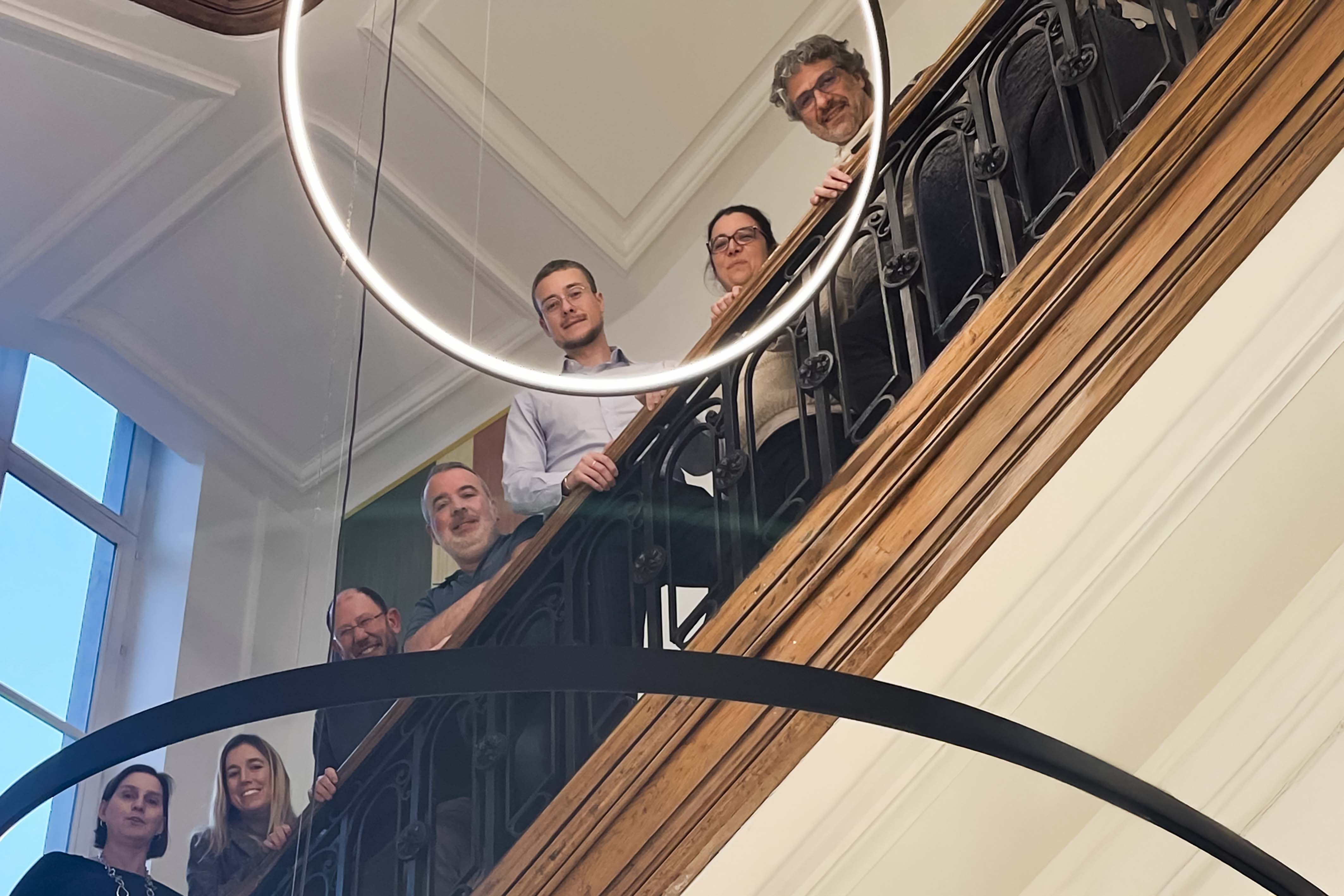CHIMERNA: Colorectal cancer nanotherapy using “in situ” immune cell engineering

Investigador principal
Grup d'investigació

Font de finançament:
Govern d'Espanya
Període:
01/03/2025 a 28/02/2028
Tipologia del projecte:
Projecte Consorci Europeu
Estat del projecte:
ACTIU
Entitat finançadora:

Agencia Estatal de Investigación (AEI)
Financiació:
173.750,00€
Colorectal cancer (CRC) is the second leading cause of cancer-related deaths in Europe, affecting thousands annually.
Immunotherapy using engineered immune cells like dendritic cells (DCs) or cytolytic cells offers significant potential for treatment. This approach involves equipping immune cells with therapeutic programs to combat the disease. However, challenges such as delivery methods, cost, and suitable vectors remain.
CHIMERNA, a European research consortium spanning three countries, is working to develop an innovative and cost-effective platform for in situ immune cell engineering. The project integrates expertise from its partners in mRNA engineering, mRNA nanoformulation, and controlled-release hydrogels. The goal is to create a Hydrogel Immunomodulatory Therapy (HIT), an injectable lipid-based hydrogel. HIT attracts specific immune cells and uses polymeric nanoparticles loaded with optimized mRNA to program these cells with therapeutic functions.
Through seven work packages, CHIMERNA aims to deliver a proof-of-concept (PoC) for engineering DCs to create personalized neoantigen vaccines for CRC treatment. By leveraging genomic profiling and next-generation sequencing, the project will design and test tailored vaccines in a phase I clinical trial. By the project’s conclusion, CHIMERNA expects to demonstrate the effectiveness of DC vaccines for CRC, while the platform’s flexibility could enable applications in treating other diseases, such as autoimmunity and infectious diseases, broadening its impact on healthcare.
CHIMERNA is a common effort from the ERA4Health Joint Transnational Call for Proposals 2023: Nano and advanced technologies for disease prevention, diagnostic and therapy” (NANOTECMEC). The Project in Spain (Reference PCI2025-163237)is funded by MICIU /AEI /10.13039/501100011033 / UE).
Col·laboradors / Entitat finançadora

Vrije Universiteit Brussel

Hospital Clínic de Barcelona

Université d'Angers

Agencia Estatal de Investigación

European Union
Grups d'investigació

GEMAT – Enginyeria de Materials
El grup GEMAT (Grup d'Enginyeria de Materials) desenvolupa la seva activitat en tres grans àrees: el desenvolupament de nous materials funcionals, l'enginyeria de superfícies i els biomaterials.

NanoTher – Nano Therapies Lab
El grup NanoTher realitza investigació en enginyeria de nanomedicines per a modular la interacció amb barreres fisiològiques.










